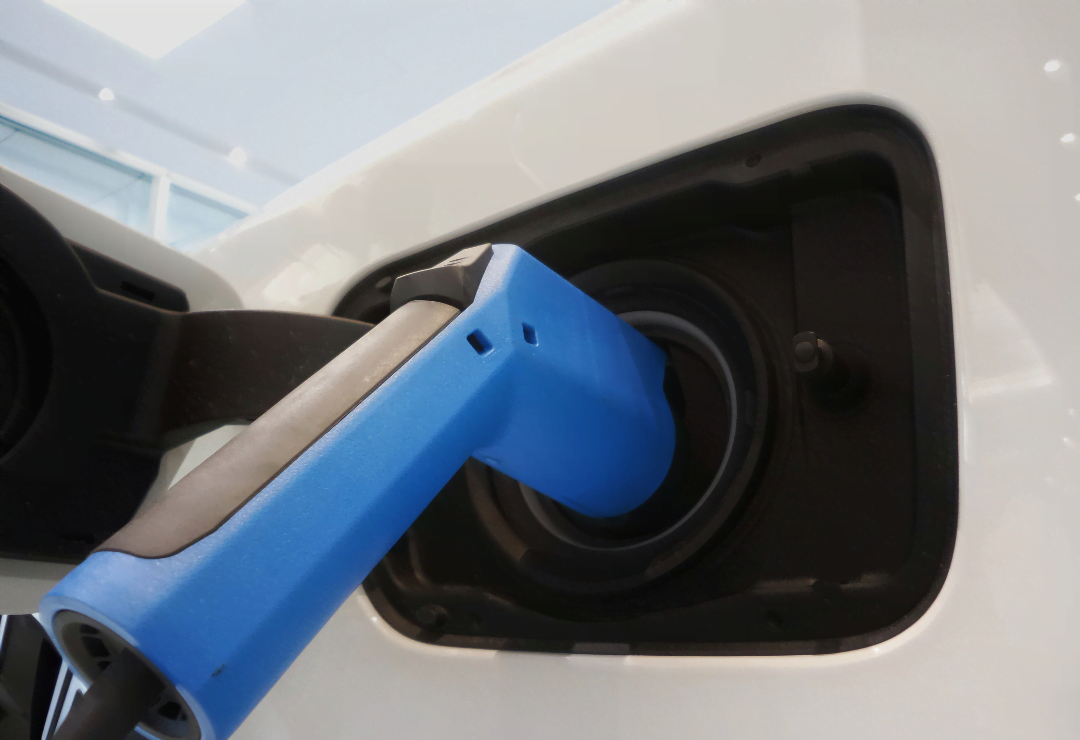Alternative fuels regulation: bring local & regional actors on board!
POLIS, Eurocities, and CEMR/CCRE are taking action to ensure the voices of local and regional authorities are heard in alternative fuels regulation. In a joint letter to the European Parliament, the three leading networks call for public authorities to be on board.
Road transport decarbonisation is extremely high on public authorities' agenda in Europe. With cities like London expanding Ultra-low emissions zones, Paris and Brussels radically overhauling traffic circulation, and Madrid increasing electric charging facilites- our cities and regions are where the action is happening.
As a result, they must be engaged in a more comprehensive way throughout development of international regulatory frameworks.
While EU policymakers are debating the proposal for a regulation on the deployment of Alternative Fuel Infrastructures (AFIR), POLIS, along two other leading networks (Eurocities and CEMR/CCRE) took the opportunity to remind the Commission that local and regional public authorities will play a key role and need to be on board for the deployment of alternative fuel infrastructures, as a crucial step to providing a strategically located and adequate network.
In a joint letter, we are together calling for the European Parliament, in particular to the members of the Transport and Tourism (TRAN) Committee, to:
- Involve local and regional authorities in the governance of alternative fuel infrastructure deployment; their role should not be limited to permitting or the provision of incentives to switch to cleaner vehicles but also integrating AFI deployment in a broader scope - management of public space, parking regulations, and SUMPs.
- Avoid counter-productive targets in urban areas by aligning AFIR implementation with cities and region’s mobility priorities to avoid leading to situations where the use of the infrastructure would not be optimal.
- Acknowledge the impact of alternative fuel infrastructure on public space, a limited resource in cities. Local authorities should guarantee accessible public space for all street users, especially vulnerable groups, such as the elderly or people with disabilities. AFIR proposal should be an opportunity to highlight this limitation as one of the drivers of infrastructure deployment in urban areas.
- Promote multimodality and shares mobility solutions in AFI deployment to reduce the negative externalities generated by individual modes of transport. AFIR should include provisions to boost the deployment of adequate infrastructure for shared vehicles and integrate multimodal aspects.
- Take into account territorial and regional specificities, notably area density, to ensure that the necessary charging infrastructure is widely available outside the TEN-T networks and deployed in a territorially balanced way, including areas with low usage rate due to low population density.
You can read the full letter attached below.
If you have any questions, do not hesitate to contact Ivo Cré (Director Policy & Projects - Coordinator Access) and/or Pedro Gomes (Project manager - Coordinator Clean vehicles & Air quality Working Group) from POLIS Network.
